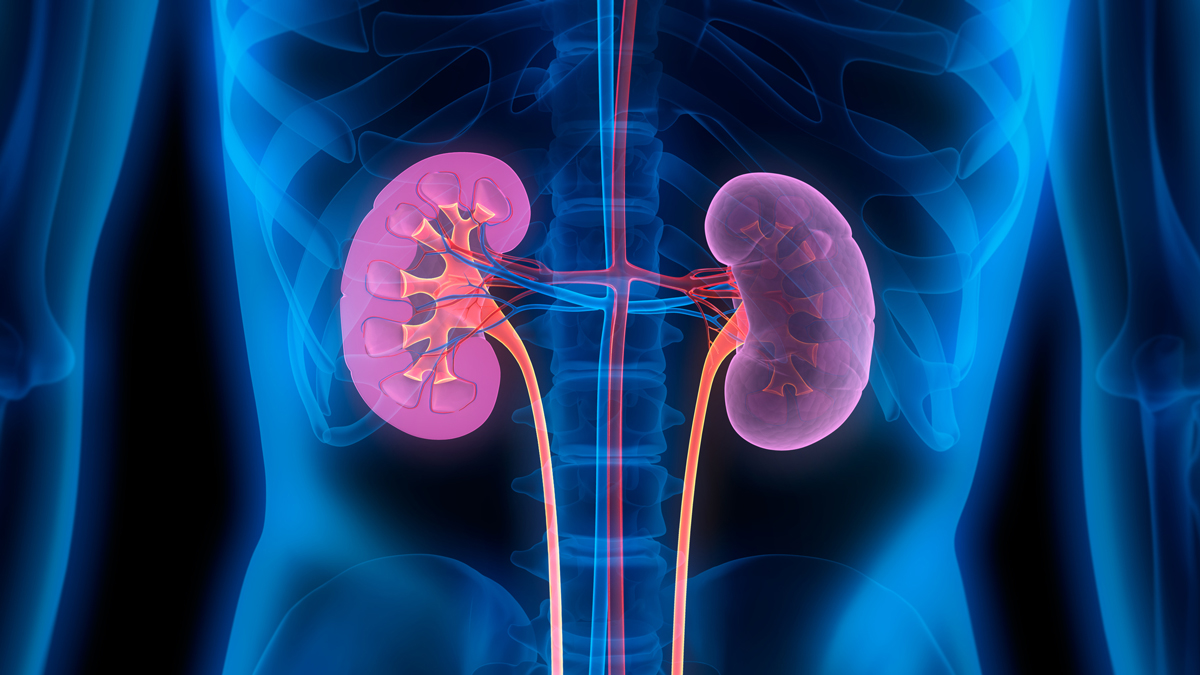Vifor, Angion organ damage drug fails phase 3 kidney transplant study

Vifor Pharma and partner Angion Biomedica have suffered another setback with their drug to prevent organ damage, this time in high-risk kidney transplant patients.
A phase 3 trial of ANG-3777 revealed that it was unable to improve eGFR – a measure of kidney function – compared to placebo in people who received a kidney transplant from a deceased donor at risk of delayed graft function (DGF).
DGF is a form of acute kidney injury that typically occurs within the first week of a kidney transplant and generally means that patients have to go on dialysis. It raises the risk of transplant rejection and failure.
The disappointing result comes a few months after ANG-377 failed a clinical trial in COVID-19 patients earlier this year, which had the objective of preventing acute lung damage associated with pneumonia. The partners abandoned the project shortly afterwards.
The drug, billed as a potentially first-in-class hepatocyte growth factor (HGF) mimetic, showed a "modest but not statistically significant" difference in eGFR compared to placebo in the transplant study, said Vifor in a statement.
Confining the results to patients who completed the trial, rather than the entire population, showed an eGFR difference that approached statistical significance (p=0.06), and could point to biological activity, said the partners.
Nevertheless, with an "inconsistent" effect on secondary endpoints, Angion and Vifor have concluded there is little point in continuing ANG-377's development for kidney transplant patients.
That leaves an ongoing trial in cardiac-surgery associated acute kidney injury (CSA-AKI) their last throw of the dice with ANG-377, with the future of the drug now resting on top-line data expected later this year.
Shares in Uniondale, New York-based Angion almost halved after the announcement, reflecting the importance of ANG-377 as its lead pipeline candidate.
Vifor stock also came under some pressure, though less so as the Swiss drugmaker has commercial products for kidney disease and iron deficiency on the market. It acquired a license to ANG-377 last November in a deal valued at $340 million plus royalties.
"While we saw signals of activity for ANG 3777, we hoped ANG-3777 would robustly demonstrate a benefit for transplant recipients who have no treatment options when their transplants have DGF," said Jay Venkatesan, Angion's president and chief executive.
"The totality of the DGF data, together with the CSA-AKI data expected later this year, will inform our clinical strategy with respect to ANG-3777 going forward," he added.












